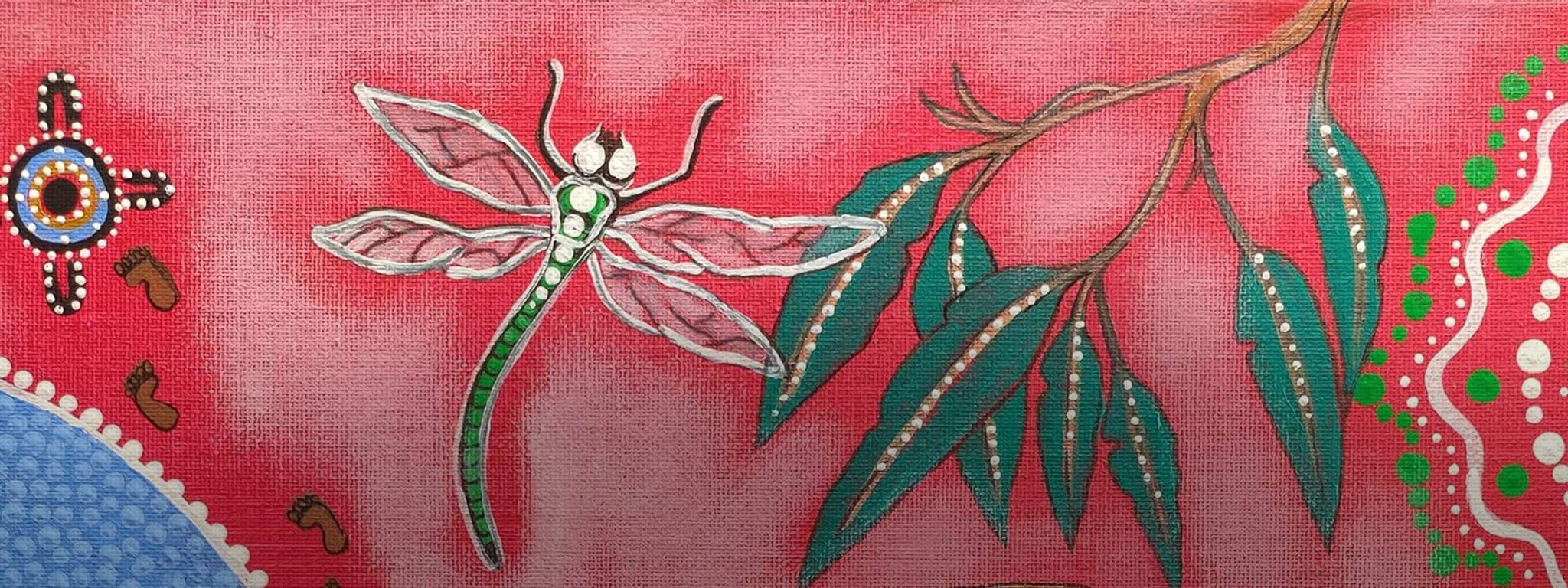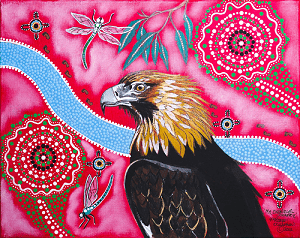Apply for the package
There are 3 ways to apply:

Call us
We can talk you through what you need to do.

Use a paper form
Download and print a form, or we can send you a copy.

Apply online
Register to apply online for yourself or someone else.
Applications opened on 31 March 2022 and close 31 March 2027.
Package information
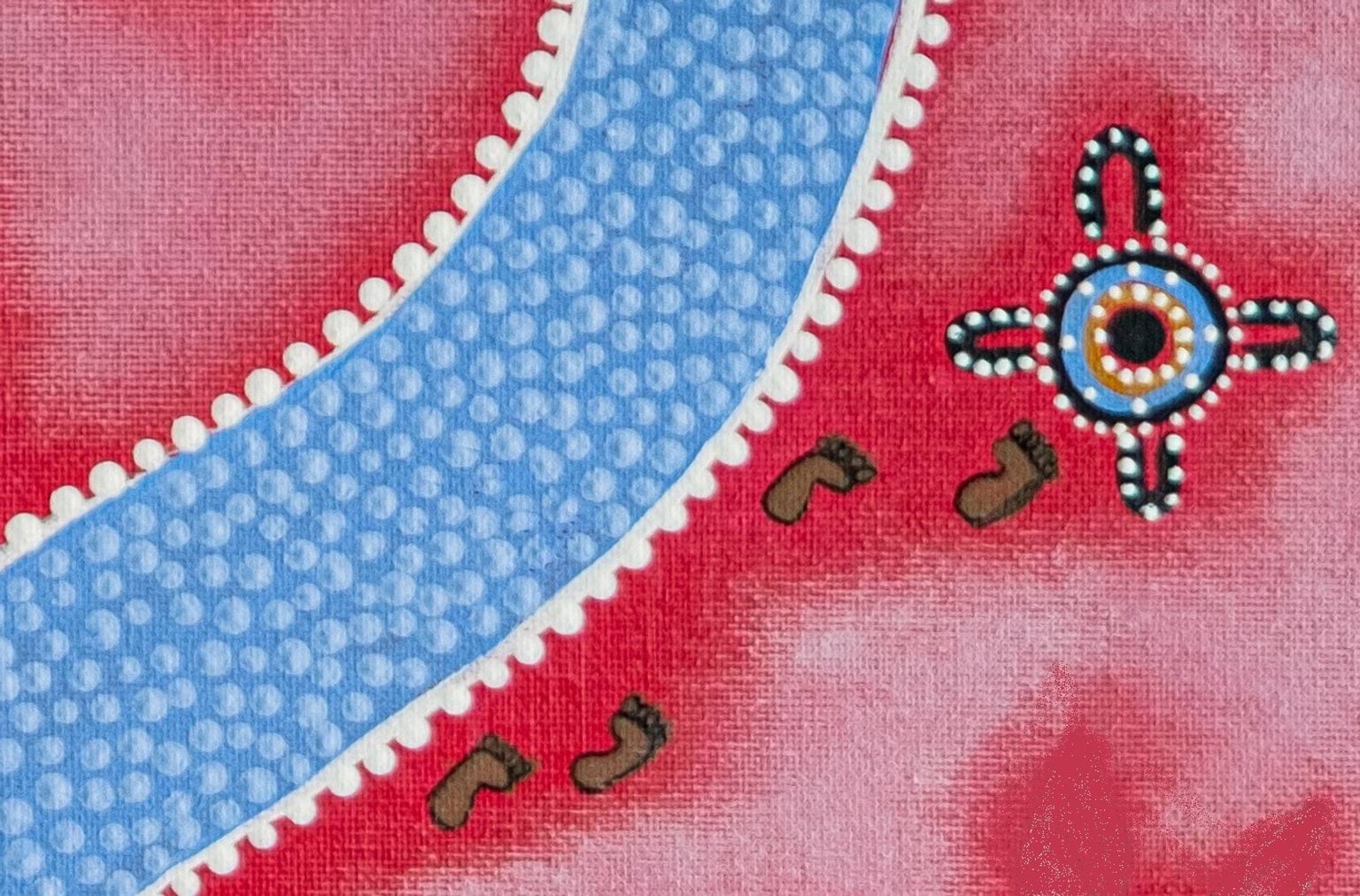
About the package
What is included in the package, how it was designed and the people involved.
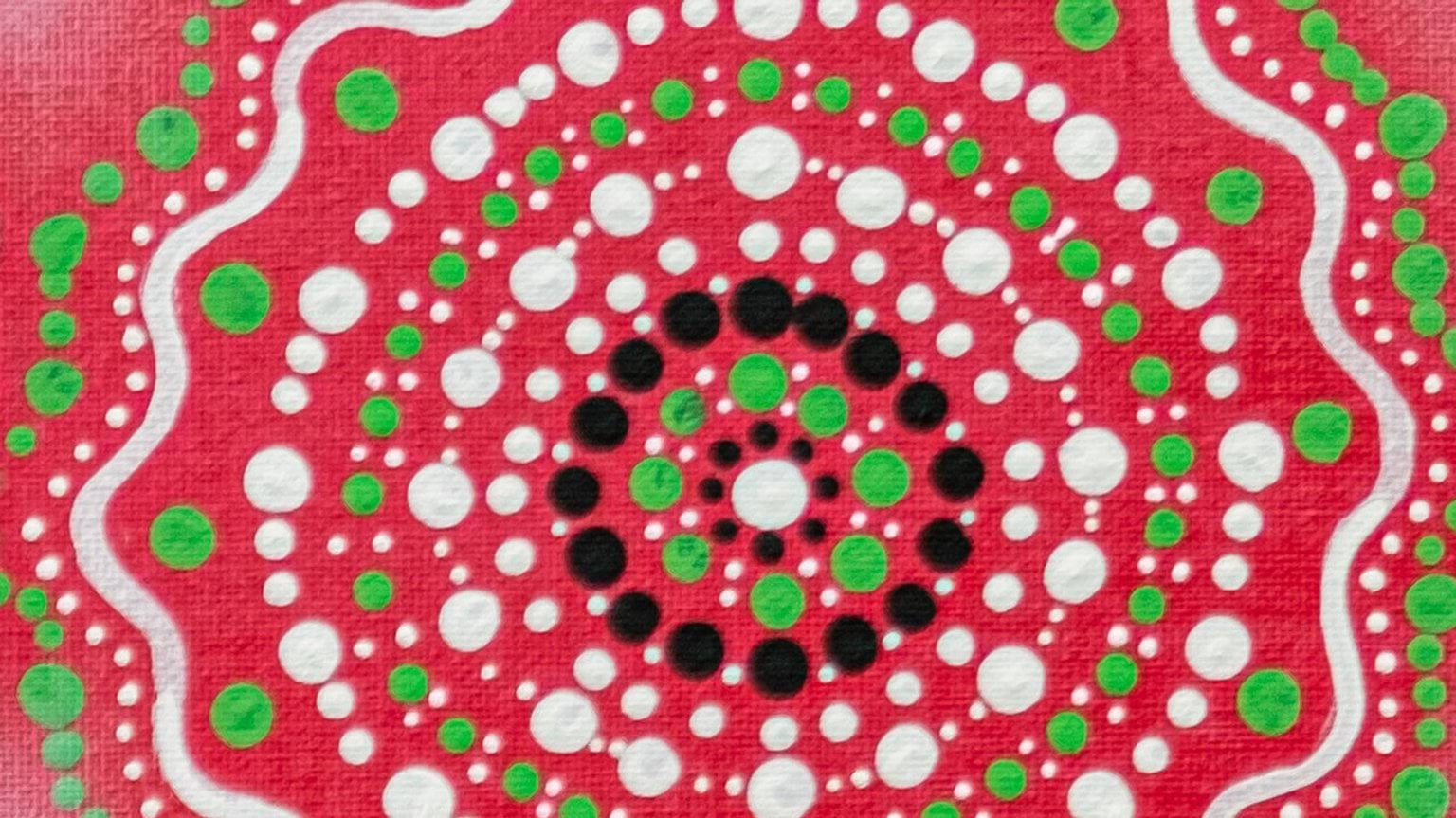
Who can apply?
Find out if you are eligible to apply for the package.
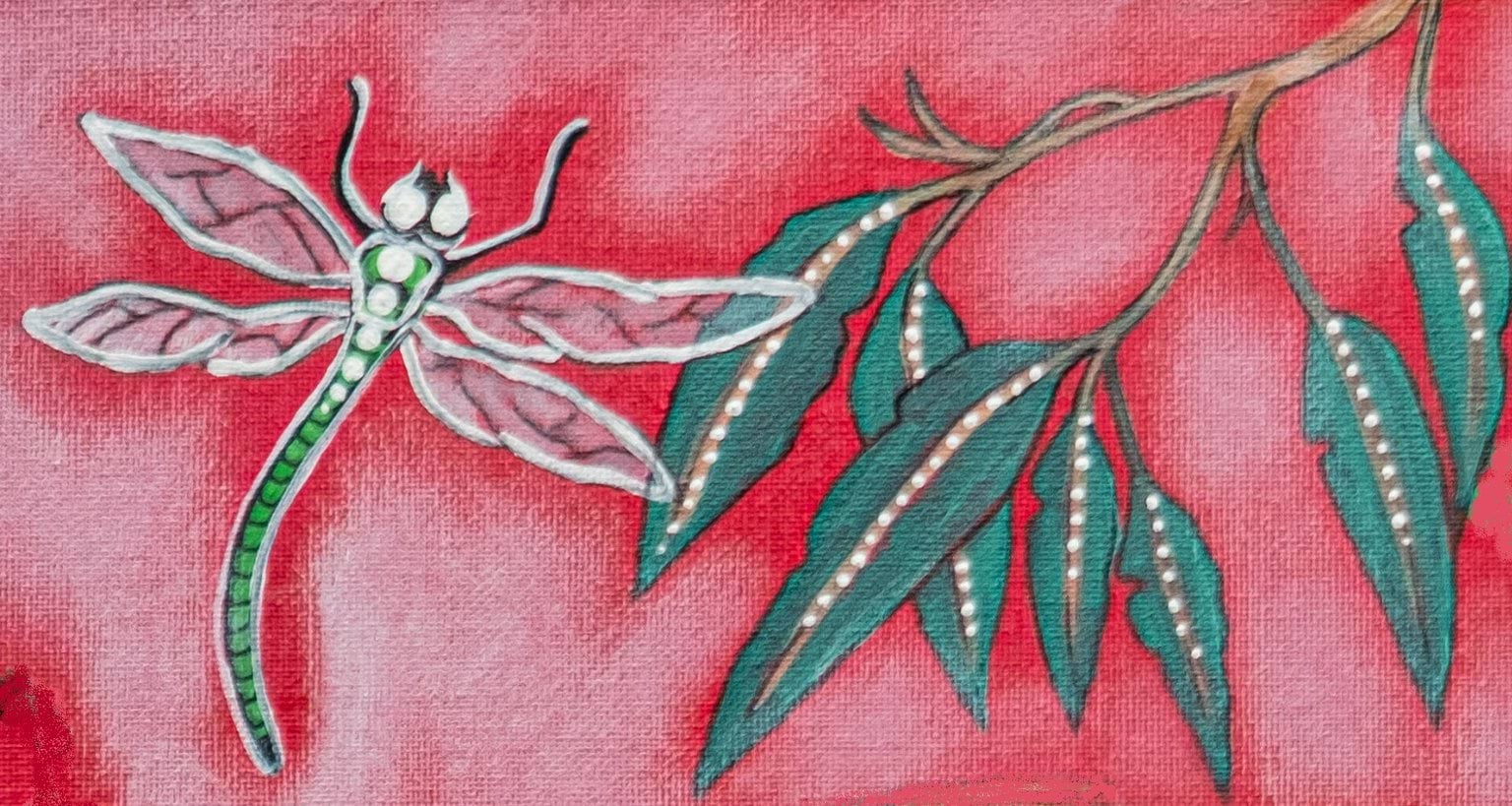
The application process
Details of the 3 stages of the application process and what you need to do to apply.
Support and other resources
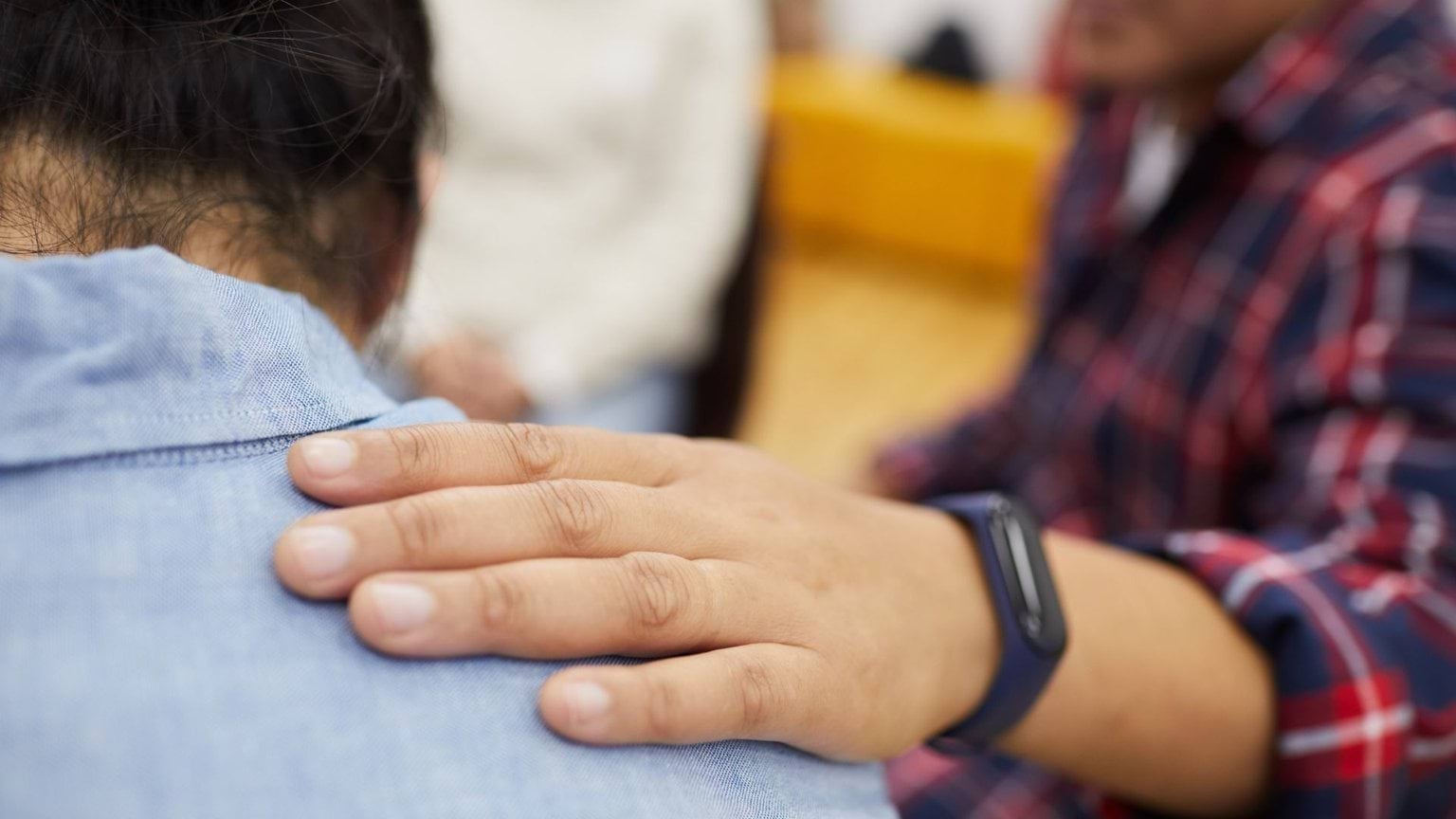
Support and further assistance
Help you can get with applying and support available to you once you submit your application.
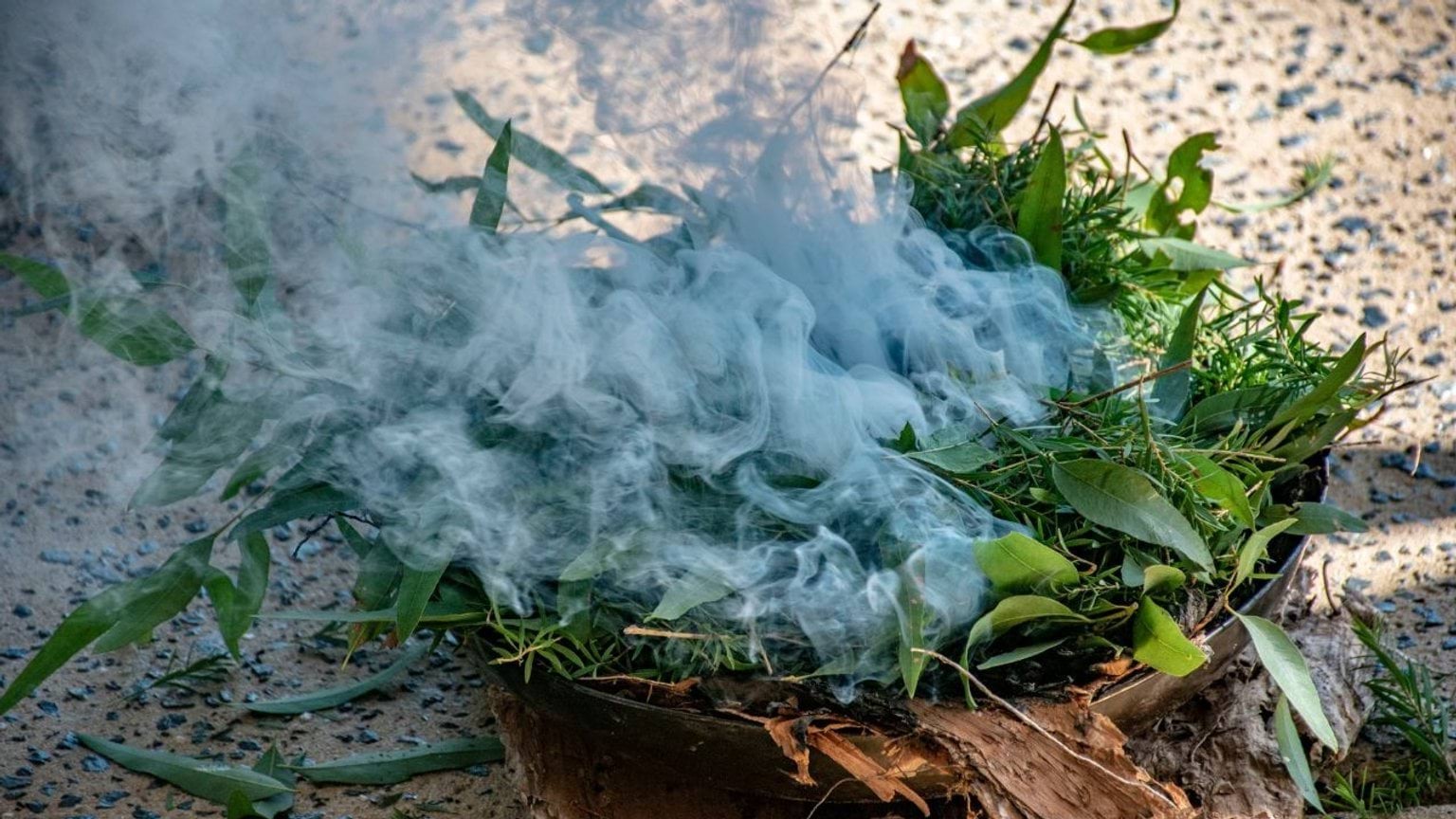
Restorative programs
Learn about the various restorative programs that are on offer.
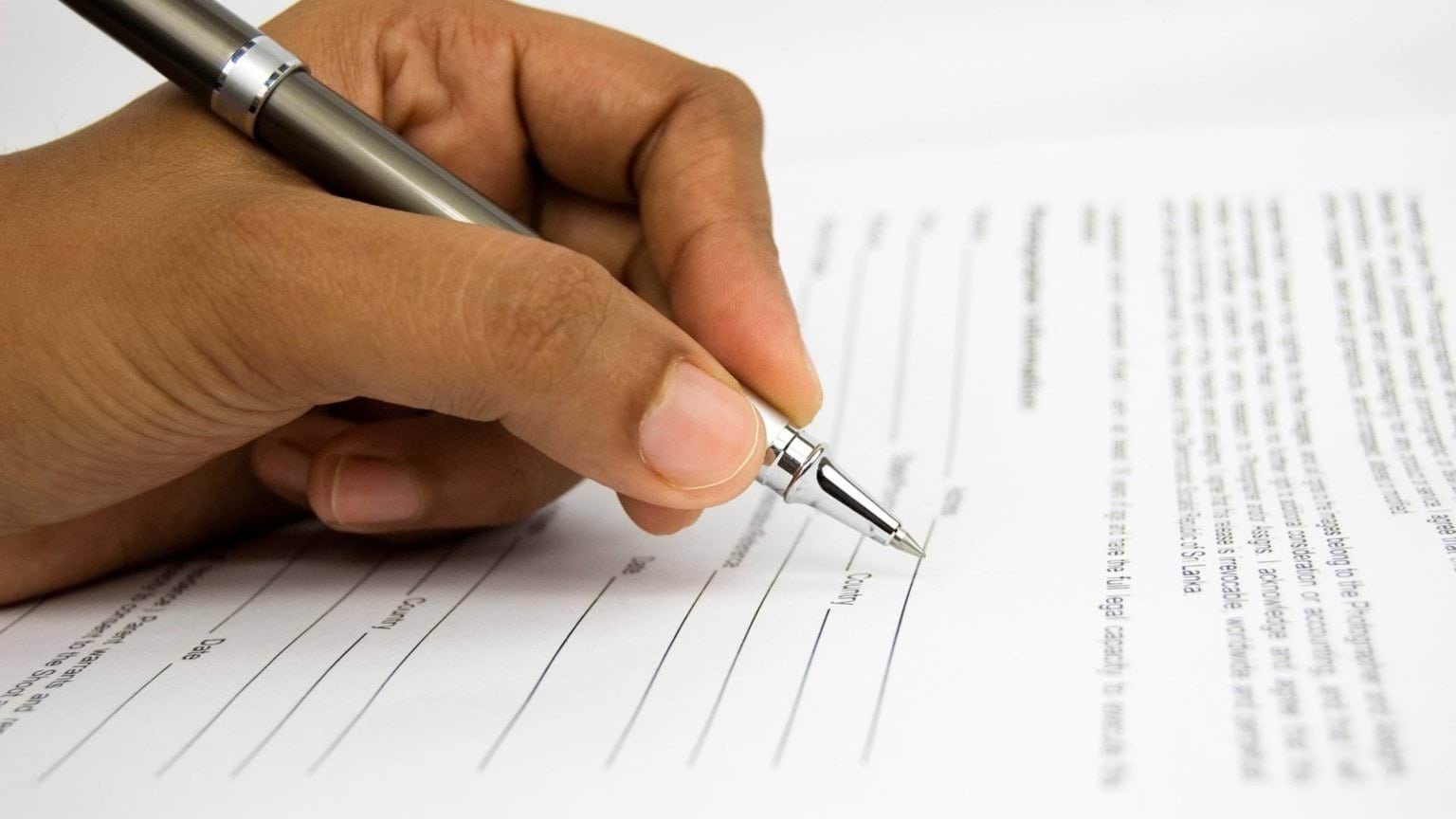
Forms and other downloads
Find all the forms you need, as well as guidelines and fact sheets that explain the package.
Provide feedback or make a complaint
We are committed to providing service excellence. We welcome feedback about our services and staff and will respond fairly in a timely manner.
The artwork on this page
The artwork, "My Spiritual Journey", is a 2021 piece by Fay Thorpe.
"My Spiritual Journey is about my journey through life as a member of the Stolen Generations. For as long as I can remember Bunjil has been watching upon me. Bunjil has guided me with strength and courage to keep me going through all of these years... Bunjil is my protector."
– Fay Thorpe (artist)
Updated
